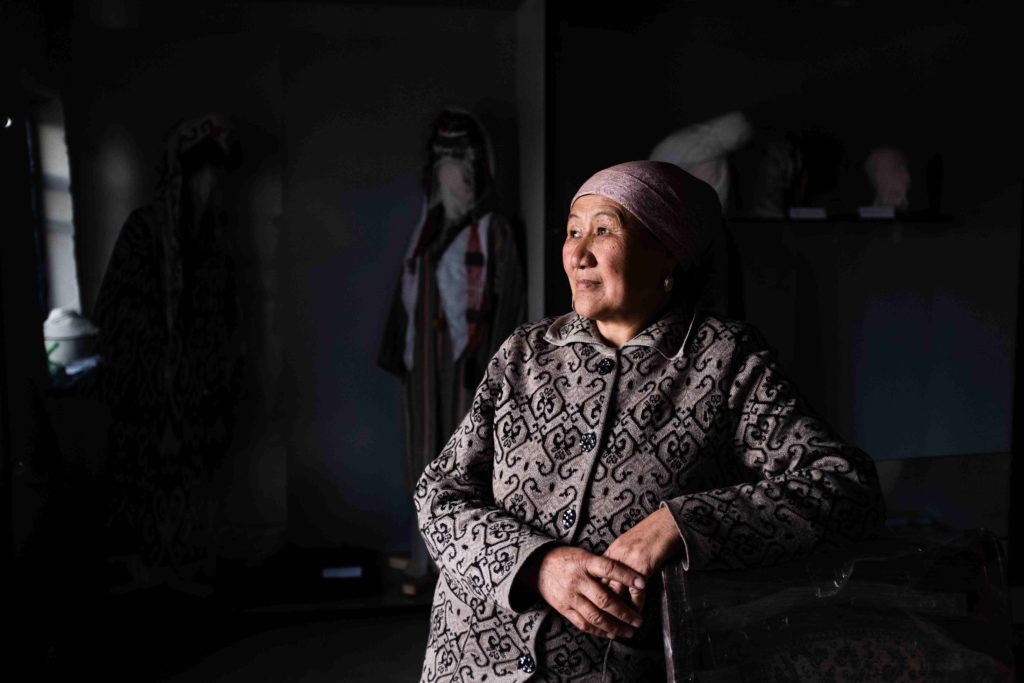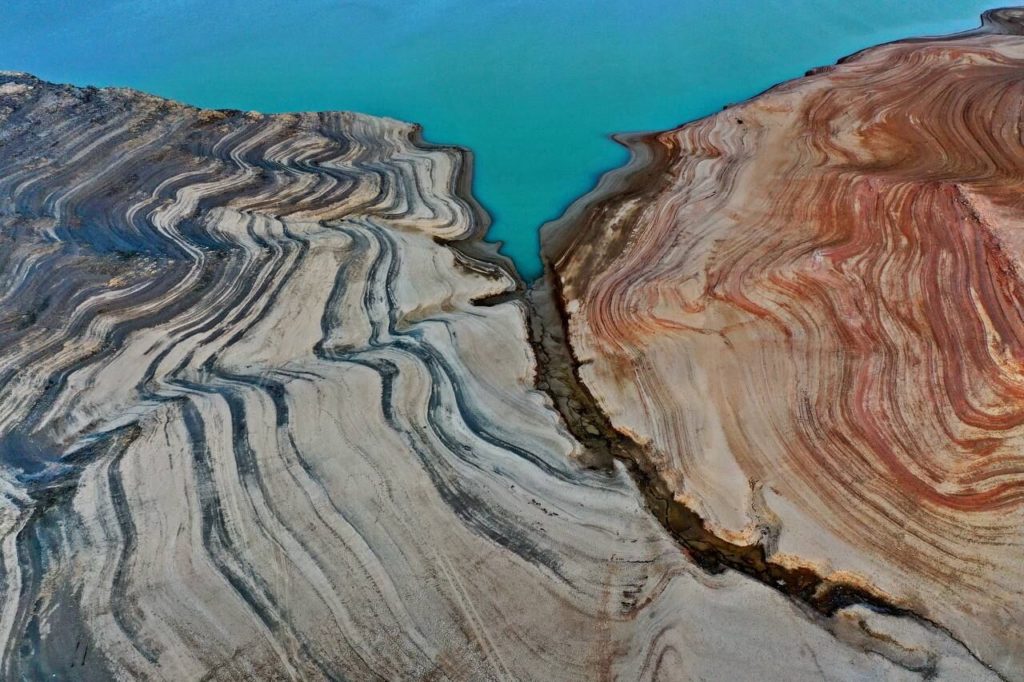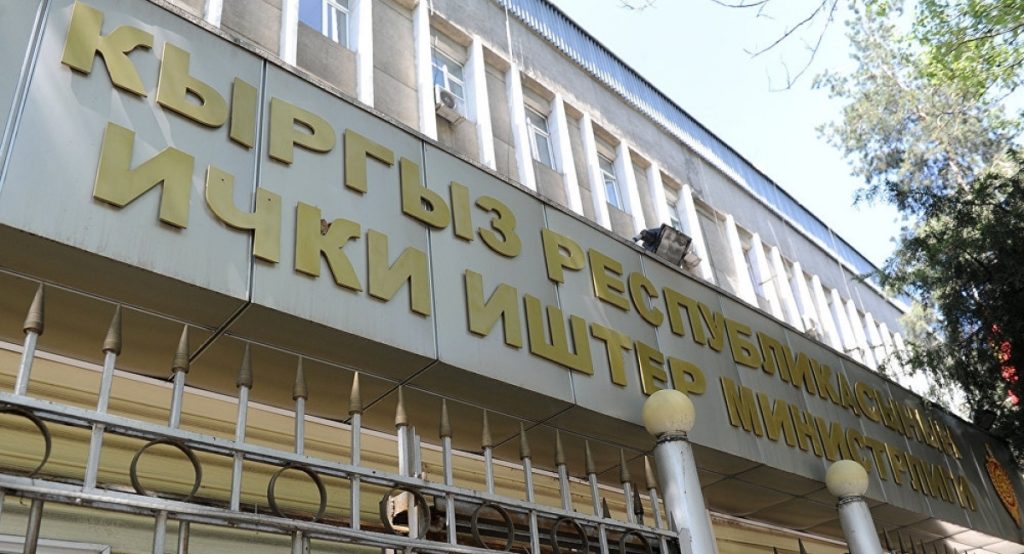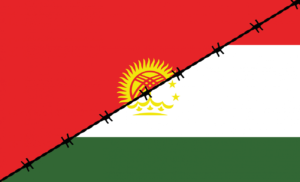This is a copy of our newsletter dated 26 April 2021. Sign up here to receive it directly in your inbox every Monday.
This newsletter is dedicated to post-Soviet Central Asia. Each week, we let you know the latest from the region.
In the news
This week we’re looking at arrests in Kyrgyzstan, potential World Heritage sites in Tajikistan, new energy projects in Uzbekistan, and more…
The past few weeks have seen the arrest of a number of academics and activists in Kyrgyzstan. As we mentioned last week, on 13 April the State Committee for National Security (known by its Russian acronym GKNB) detained the political analyst Marat Kazakbaev for treason. The same day, Marat Toktouchikov, who local media describe as a “former leader of the Kazakh diaspora”, was also arrested for treason (RU).
Another academic, Gulzat Aalieva, is suspected of inciting interethnic and interreligious hatred after complaints about her Facebook posts, which are alleged to contain “provocation against religion … as well as humiliation of a particular religion and its followers”, Kloop reports (RU). A Bishkek court put her under house arrest on 23 April. She faces 5 to 7.5 years in jail if found guilty.
Also under house arrest from today is the activist Tilekmat Kerenov, who was detained on 15 March (RU) for online posts containing “calls for a violent seizure of power and for riots” according to the investigation.
Tajikistan has submitted (ENG) nine historical and cultural sites in the Zarafshan-Karakum corridor for inscription on UNESCO’s World Heritage list.
Germany’s Siemens has signed a memorandum of understanding with Uzbekistan’s energy ministry and agreed on a roadmap for future joint projects, New Europe reports (ENG). In other energy news, Reuters reports (ENG) that Uzbekistan has signed a $1.2 billion deal for the Dutch-registered company Stone City Energy to build a power plant.
The Kyrgyz Football Federation celebrated 100 years last month but it’s as active as ever. We look back (ENG) at the game’s history in the Central Asian nation.
Covid-19 in Central Asia
As of 26 April 2021, there have officially been 505,809 cases, 5,889 deaths and 450,852 recoveries. In more detail:
– Kazakhstan: 309 116 cases, 3,570 deaths, 263,446 recovered
– Kyrgyzstan: 94,030 cases, 1,584 deaths, 88,212 recovered
– Uzbekistan: 89,355 cases, 645 deaths, 85,976 recvoered
– Tajikistan: 13,308 cases, 90 deaths, 13,218 recovered (no new cases according to official figures)
– Turkmenistan: 0 cases, 0 deaths, 0 recovered (no cases according to official figures)
Vaccination with the domestic QazVac jab started in Kazakhstan today. The health minister Alexei Tsoi and his first deputy were among the first to receive the vaccine this morning, live on the Khabar 24 TV channel (RU). The population can therefore now choose between QazVac and the Russian Sputnik V.
In Kyrgyzstan, vaccination with Sputnik V started on 23 April, Kloop reports (RU). According to health minister Alymkadyr Beishenaliev, it is currently reserved for people over 65 or those with chronic diseases. The Chinese Sinopharm jab is available to everyone.
Our photo of the week

Buunisa Termechikova, 58 years old, stands at the ethnological museum in Sary-Mogol, which she started in July 2020 for tourists. Buunisa specialises in making traditional clothing and other felt products. She also owns a guest house in the village of Burgan-Suu, located on the other side of the river Sary-Mogol.
This picture is part of the UNDP Eurasia project “Surviving a pandemic: Visual impacts of Covid-19”.
Credit: Danil Usmanov
Every day, we publish a photo from Central Asia. You can find it on our website, Facebook, Twitter and Instagram.
Article of the week

Talas and its people: life by a Central Asian river affected by climate change
LIFE BY THE RIVER. Three million people in Kyrgyzstan and Kazakhstan live by the Talas River, where there is less and less water every year. How will people’s lives change when the region becomes even hotter and the water level even lower? A group of journalists and environmentalists travelled hundreds of kilometres along the Talas to find out.
Novastan news
On 28 April, Novastan will host a panel discussion on Central Asian migrants and Covid-19, with Sherzod Eraliev, member of Kone-funded research project “Migrants, Shadow Economy and Parallel Legal Orders in Russia”and Sandra Pellet, postdoctoral researcher at INED specialised in Central Asian migrations.
To access our Zoom call, please sign up here: https://forms.gle/MoAvctViaMV6zJPi6. The talk will also be streamed on our Facebook page.
Thank you for reading! See you next week for more information and analysis from Central Asia. For daily updates, follow us on Facebook, Twitter, Linkedin and Instagram.
 [Newsletter] Arrests and detentions in Kyrgyzstan
[Newsletter] Arrests and detentions in Kyrgyzstan 



